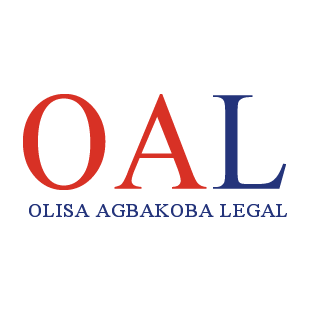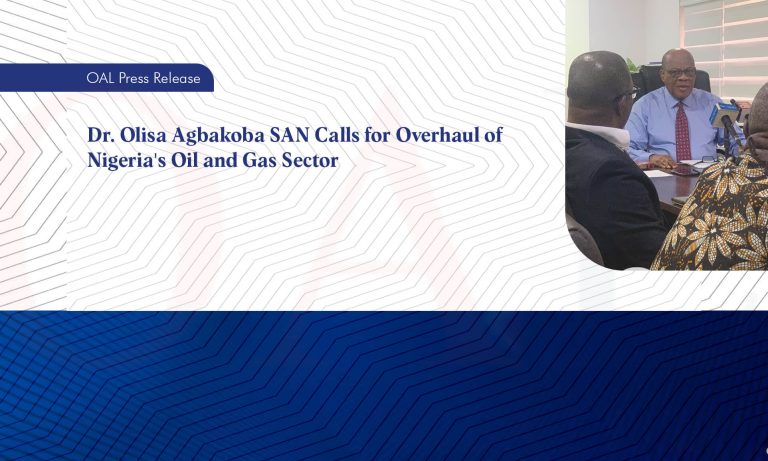

Health tech in Nigeria, just like the general healthcare sector, is in a precarious state. It is evident that the government’s healthcare plan is not only under-resourced but largely overwhelmed and incapable of meeting the needs of millions of people, not just in the urban areas, but also in the most remote parts of the country.
With more than 180 million people living in Nigeria, the opportunities abound for health tech entrepreneurs to invest, leave a significant footprint, make a social impact and a profit. This sounds like an entrepreneur’s utopia but the reality for emerging and established health tech entrepreneurs in Nigeria is that the health tech landscape has various obstacles such as lack of standardisation, regulatory gaps, underfunding as well as the problem of weak enforcement.
Current Regulatory Landscape of Health Tech in Nigeria
 There is still no single legal framework for the regulation of health tech in Nigeria. Instead, there is a reliance on the guidance of the different traditional health care areas each having their own set of guidelines and regulations e.g. Medical and Dental Practitioners Act Cap M8, 2004, Pharmacists Council of Nigeria Act, National Health Act, 2014.
There is still no single legal framework for the regulation of health tech in Nigeria. Instead, there is a reliance on the guidance of the different traditional health care areas each having their own set of guidelines and regulations e.g. Medical and Dental Practitioners Act Cap M8, 2004, Pharmacists Council of Nigeria Act, National Health Act, 2014.
These pieces of legislation currently cover the orthodox health care service providers and represent the extant regulatory framework. However, as it preceded the advent of digital healthcare solutions it has extremely limited regulatory coverage over health tech service providers.
In some subsectors of health-tech in Nigeria, such as telepharmacy, entrepreneurs have lamented on the lack of a regulatory framework to address the nuances of the emerging industry. Having no clear cut guidelines on setting up cloud-based services, many health tech providers resort to reliance on the licenses for traditional health care e.g. a cloud-based pharmacy will rely on provisions for setting up a brick and mortar pharmacy.
According to TechCabal’s health tech report, the sector has been in existence since 2004 which makes it a relatively young industry in Nigeria. A gradual and slow acquiescence to novel solutions can take time to reflect in the national framework. As the technologies continue to develop at top speed, it is now the time more than ever for pioneer health tech providers to play an active part hand in hand with the regulators towards framing the policy guidelines for the health tech industry.
Health Tech in Nigeria: What Entrepreneurs Should Keep in Mind
Health tech entrepreneurs are required to obtain the regular licenses applicable to operate in any of the brick and mortar health sectors. Since there are a number of regulatory requirements for setting up, it is important for health tech providers to seek legal advice, even at the idea stage, to understand the best structure to incorporate. Setting up a business will require registration with the Corporate Affairs Commission (CAC) primarily with the entrepreneur demonstrating expertise and proof of proficiency in the area of business they are incorporating.
The following is a list of the licenses required by startups/entrepreneurs who intend to practice health tech in Nigeria:
- Certificate of Incorporation with CAC;
- Certificate of Proficiency for doctors, pharmacists, dentists and nurses;
- Registration of Technology Transfer certificate of approval;
- License to practice as a medical practitioner or health caregiver;
- Nigerian business permit and License;
- Practising license authorised by the Medical and Dental Council of Nigeria (MDCN);
- Authorization by the Federal Ministry Of Health.
Entrepreneurs will also need to keep in mind existing laws regulating the unauthorised disclosure of patient records or hacking and unsecured records. In May 2018 the Consumer Protection Council (CPC) in collaboration with the Federal Ministry of Health launched the inaugural ‘Patients Bill of Rights’ (PBoR) to bridge this gap. The bill of rights is aimed at ensuring easy access to quality health care service in the country.
The PBoR is an aggregation of existing rights already contained in extant laws but reduced into a single set of rights to sensitize the members of the public. It gives patients receiving health care a set of 12 uncompromising rights which include: the right to information, right to fair treatment, right to privacy, right to receive urgent care, right to transparent billing among others.
Here is a link to a more detailed regulatory checklist for health tech entrepreneurs.
The Future of Health Tech in Nigeria (Regulation)
 Although there is a National Health ICT Strategic Framework document, which was created in 2015 and runs until 2020, it doesn’t adequately address the regulatory and policy gaps that exist in the health tech industry. The National Information Technology Development Agency (NITDA), the Ministry of Health and the Ministry of Communications have begun working with entrepreneurs to develop a policy document for health-tech in Nigeria. Entrepreneurs should pay attention to the National Health ICT Strategic Framework while they expect the regulatory and policy document to be launched and implemented.
Although there is a National Health ICT Strategic Framework document, which was created in 2015 and runs until 2020, it doesn’t adequately address the regulatory and policy gaps that exist in the health tech industry. The National Information Technology Development Agency (NITDA), the Ministry of Health and the Ministry of Communications have begun working with entrepreneurs to develop a policy document for health-tech in Nigeria. Entrepreneurs should pay attention to the National Health ICT Strategic Framework while they expect the regulatory and policy document to be launched and implemented.
In as much as our laws, particularly as it relates to the extant laws that abound in the healthcare industry, were made without the contemplation of technological disruption, there is nothing stopping us to rejig these laws to accommodate novelty inspired by technology. We just have to adopt what is possible, contextualize it and explore its offerings.
It is time to implement a robust regulatory and legal framework which encompasses the heath tech segment. An upheaval in the regulatory framework of the Nigerian Health sector is needed more than ever. Paying attention to frameworks that have been tried and tested in other jurisdictions, a model best suited for Nigeria which will encourage innovation without compromising the safety and quality standards is what we require to move forward.
Written By: Beverley Agbakoba-Onyejianya (Head, Regulatory & Compliance) & Olaseni Aka-Bashorun (Associate)
This article was written as part of the TechCabal health tech content series.
Author



